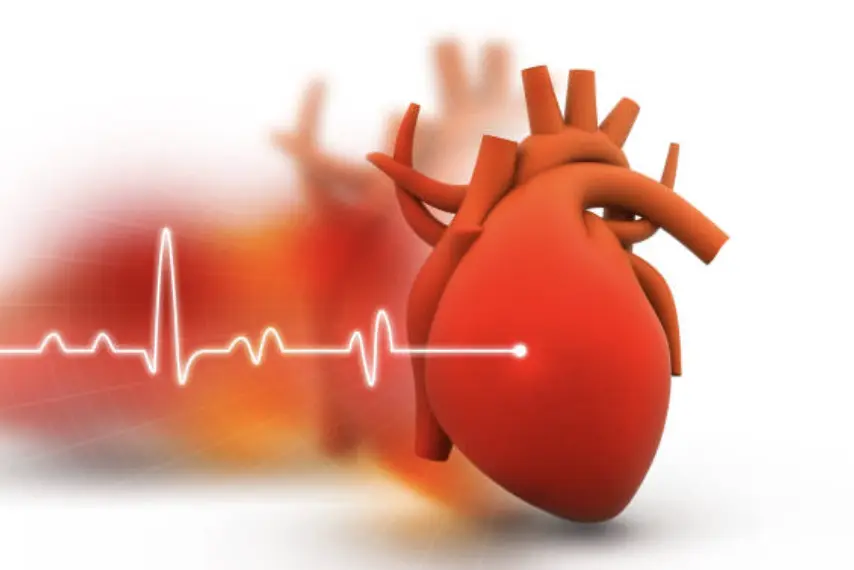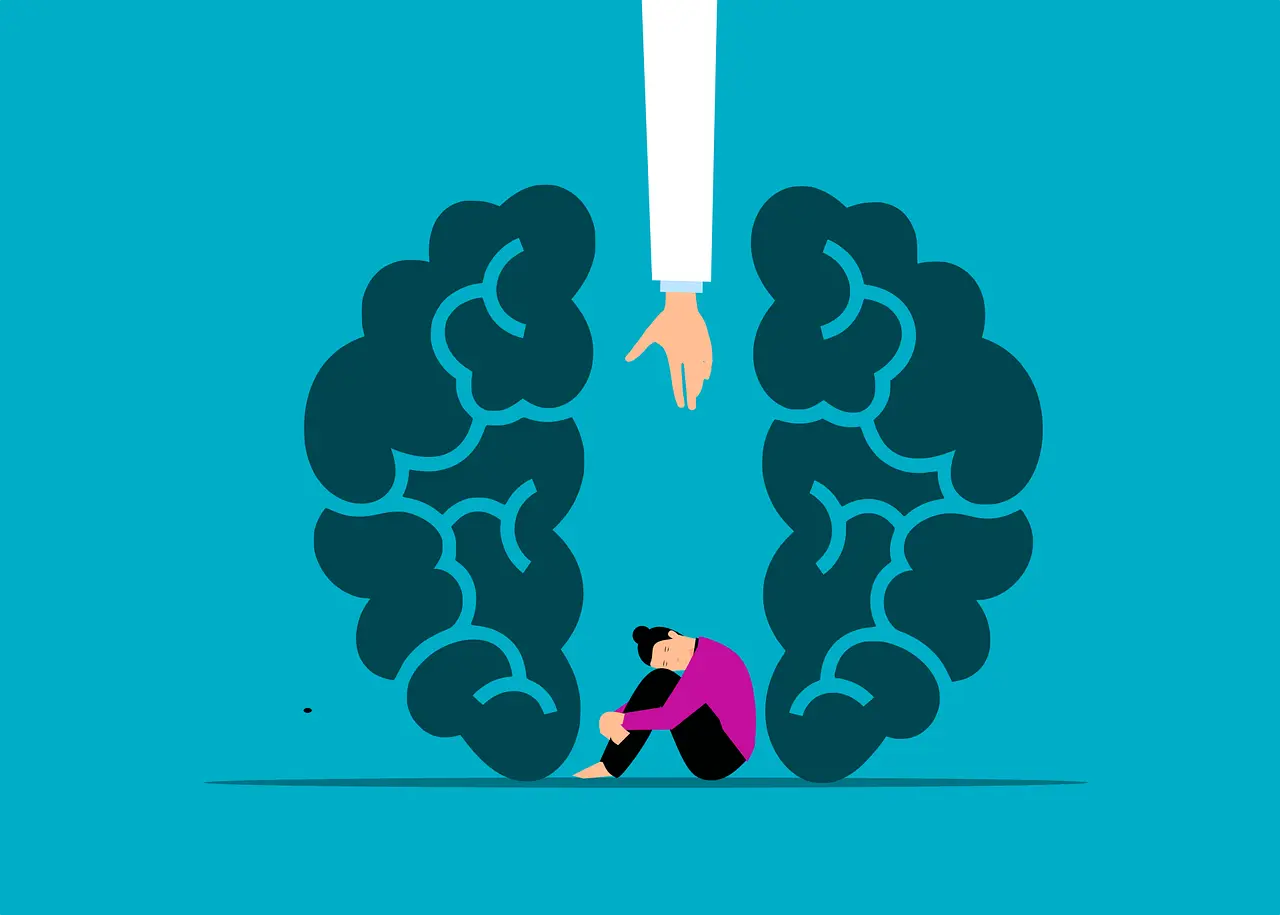Understanding Mental Health: The Physiology Behind Our Emotions
In today’s fast-paced world, mental health has become a hot topic. We often hear about the importance of maintaining mental well-being, but what does this really mean? How do our minds and bodies work together to shape our mental health? The answer lies in understanding the physiology of our emotions.
The WHO definition of mental health:
According to the World Health Organization (WHO)
The Brain-Body Connection
Our mental health is deeply intertwined with the physiological processes in our bodies. The brain, often considered the control center, plays a crucial role in regulating our emotions and behaviors. Neurotransmitters, the brain’s chemical messengers, are key players in this process. These tiny molecules influence everything from our mood to our stress levels.
For instance, serotonin, often dubbed the “feel-good” neurotransmitter, helps regulate mood, appetite, and sleep. Low levels of serotonin are associated with depression and anxiety. On the other hand, dopamine, the “reward” neurotransmitter, plays a role in how we experience pleasure and motivation. Understanding these chemicals gives us a clearer picture of why we feel the way we do.
The Role of the Nervous System
The nervous system, consisting of the central and peripheral nervous systems, also plays a vital role in mental health. The autonomic nervous system, a part of the peripheral system, controls involuntary functions like heart rate and digestion. It has two main branches: the sympathetic and parasympathetic nervous systems.
- Sympathetic Nervous System: Known for the “fight or flight” response, it prepares the body to deal with stress by increasing heart rate and releasing adrenaline.
- Parasympathetic Nervous System: Often called the “rest and digest” system, it helps the body to relax and recover.
Balance between these systems is essential for good mental health. Chronic stress, for example, can keep the sympathetic system overactive, leading to anxiety and other mental health issues.
Hormones and Mental Health
Hormones, the body’s chemical messengers, also significantly impact mental health. Cortisol, known as the stress hormone, is released in response to stress. While short bursts of cortisol are necessary for survival, chronic high levels can lead to mental health problems such as anxiety and depression.
Similarly, the hormone oxytocin, often referred to as the “love hormone,” promotes feelings of bonding and trust. It’s released during social interactions and physical touch, underscoring the physiological basis of our need for social connections.
The Gut-Brain Axis
Recent research has highlighted the importance of the gut-brain axis, a complex communication network linking the gut and the brain. The gut is often called the “second brain” because it contains millions of neurons and produces neurotransmitters similar to those in the brain.
A healthy gut can positively influence mental health, while an imbalance in gut bacteria has been linked to mood disorders. This connection between gut health and mental health emphasizes the importance of a balanced diet and proper nutrition in maintaining overall well-being.
Humanizing the Science
Understanding the physiology behind mental health helps humanize these concepts. It reminds us that our emotions and mental states are not just abstract feelings but are deeply rooted in our biology. This knowledge can reduce the stigma associated with mental health issues and encourage more people to seek help.
Mental health is a complex interplay of physiological processes. By appreciating the science behind our emotions, we can better understand ourselves and those around us. Taking care of our mental health means taking care of our entire being—mind, body, and spirit.
Conclusion
Mental health is more than just a state of mind; it’s a state of being. By understanding the physiological aspects of mental health, we gain a deeper insight into our emotional well-being. Embracing this knowledge empowers us to take proactive steps towards a healthier, happier life. So, let’s continue the conversation about mental health, armed with the science that humanizes our experiences and fosters empathy and support for all.







Профессиональный технический контроль за строительством в Москве, профессиональное сопровождение проекта.
Независимый строительный контроль [url=https://nadzorstroi.ru/]Независимый строительный контроль[/url] .